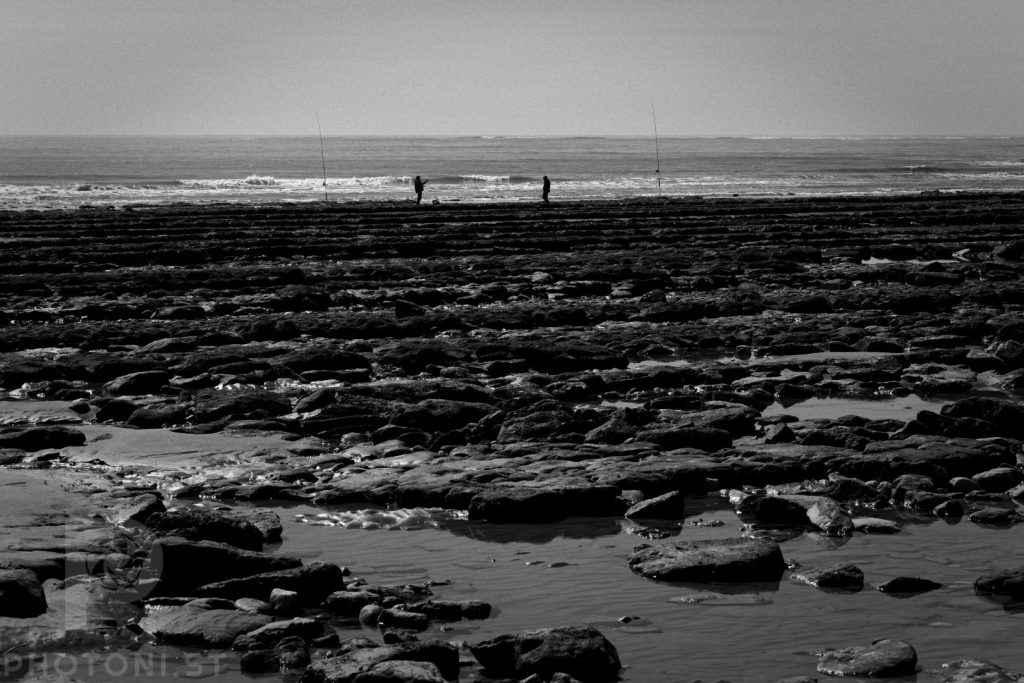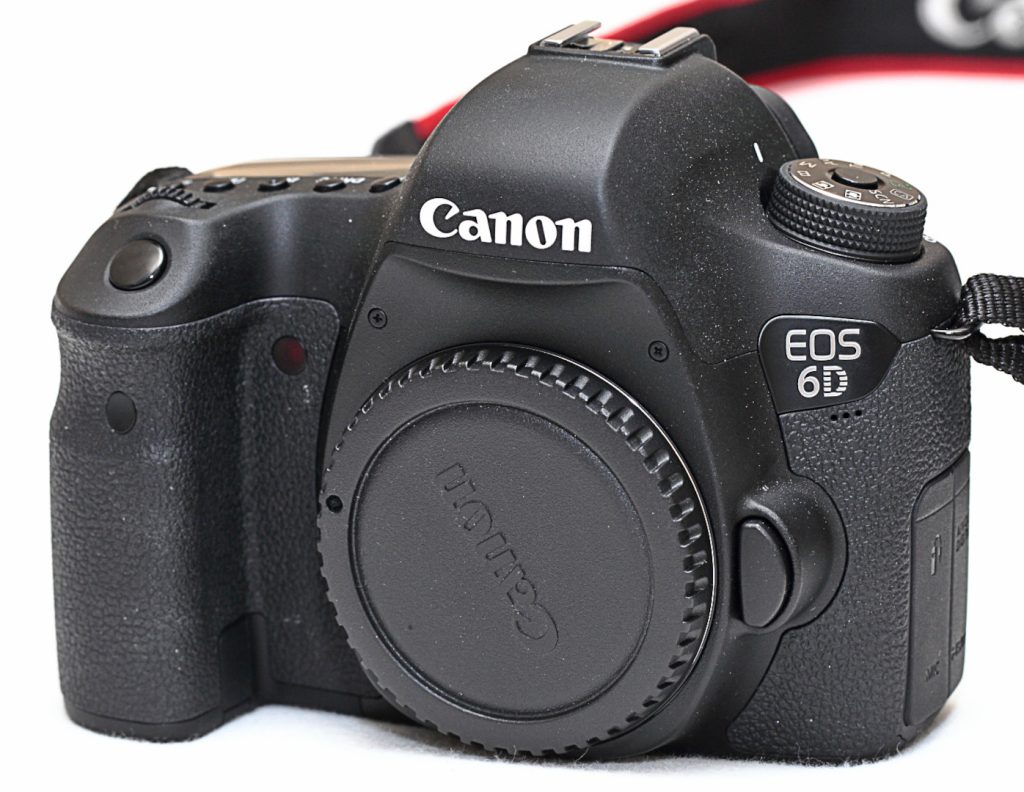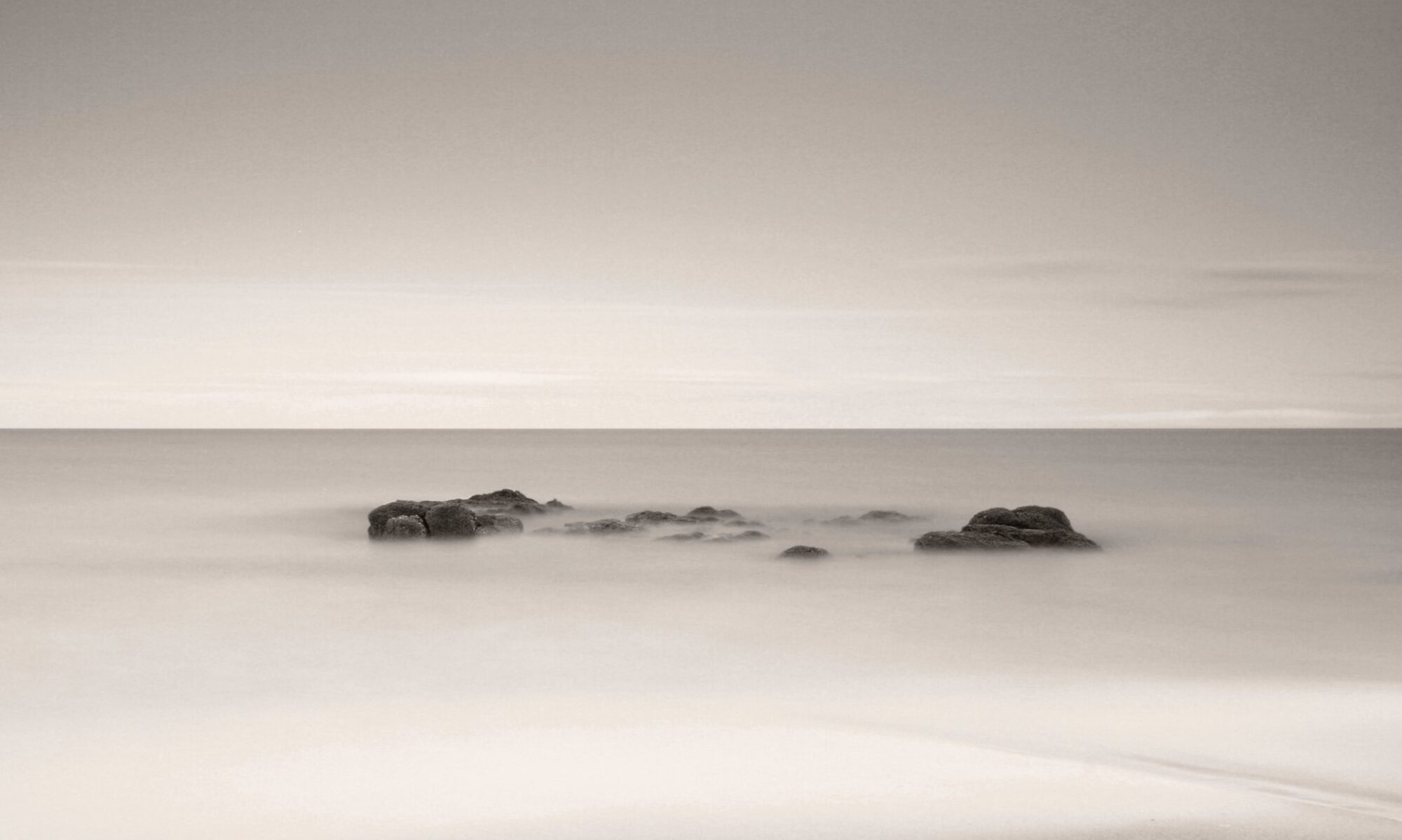If you look at the distribution of subjects of youtube videos, blogs, and articles, an overwhelming amount is about hardware (some are barely disguised ads). While innovations in camera technology have undeniably made photography more accessible and easier, the idea that only the latest and most expensive equipment can produce great photos is nonsense. In fact, for most photographers and shooting conditions, any camera less than 15 years old can produce fantastic results. The real limiting factor in photography isn’t the camera, but the photographer’s ability, creativity, and understanding of the craft.

Over the last two decades, camera technology has reached a point where even entry-level devices are equipped with more than enough features and resolution to capture high-quality images. With digital sensors now standard, even cameras from the late 2000s and early 2010s can handle pretty much all the conditions you can throw at them, fast-moving subjects, and high dynamic ranges without problem. And no, you don’t need full frame and mirrorless.
Manufacturers, who want to sell you more hardware as often as possible, have pushed the meaningless pixel count war, marginally improved autofocus systems, and fiddled around the edges of weight and dynamic range. While these improvements can benefit niche applications, they don’t make older cameras obsolete. In most shooting conditions, such as daytime landscapes, portraits, or casual street photography, the differences between an older DSLR and the latest mirrorless model are minimal when considering image quality alone.
One of the most persistent myths (maybe it’s more a naïve whish than a myth) in photography is that upgrading to a newer, more expensive camera will automatically result in better photos. While it’s true that high-end professional cameras can have advantages, especially in specialized fields like sports or wildlife photography, these differences are often negligible for everyday photographers. And yes, you and I are likely everyday photographers, not the stuff of legend.
Many renowned photographers have demonstrated that creativity and technique matter far more. Even a smartphone camera in the hands of a skilled photographer can produce stunning results. I remember a BBC TV show in the mid-2000s where professional photographers were given a low end camera, even an early smartphone, and sent on assignment. They produced very decent and interesting results without their usual fancy gear.
What truly sets great photographers apart is their understanding of the elements that make a powerful image: composition, light, and storytelling (even post-processing at a push). If you have the best camera but your photos are what a 5 year old would take at a wedding with a point and shoot, you’re not a good photographer and new gear can’t improve that.
A camera from 10 or even 15 years ago can still produce great, professional-quality photos when used properly. The resolution, dynamic range, and colour depth of these older models are sufficient for most scenarios, especially for online sharing or even large prints.
What modern cameras offer are incremental improvements that may only be noticeable in very specific shooting situations, such as extreme low-light photography, extremely fast-moving subjects, or in the most demanding professional settings. But for the vast majority of photographers, an older camera paired with good technique will produce results that are indistinguishable from those taken with newer, more expensive gear.
I now shoot with a Canon 6D from 2012, after upgrading this year from my venerable Canon 5D (apparently now called the “classic” to avoid saying “old”) from 2007. My lenses are also from 2005-2010 and haven’t been upgraded. I occasionally shoot with a Sony RX100mkIII from 2014 bought second hand on ebay for next to nothing (visor broken) when I travel light. These aren’t perfect, but their imperfections are marginal and don’t limit me in a significant way.

In fact, not only chasing hardware is counterproductive because it’s meaningless, but the resulting frustration will stop you from personal progression. If you obsess about the fact that you can’t afford the latest hardware that others can, and therefore that’s the reason why your photos aren’t any good, then you won’t try to improve since you’ve found the explanation for your failure.
Many photography legends like Henri Cartier-Bresson or Ansel Adams worked with far less advanced equipment than what’s available to even casual photographers today, yet they created iconic images. Their success was rooted in their creativity, technical understanding, and mastery of the artistic side of photography.
The real challenge is to realise that, extract yourself from the constant buzz of new hardware, quit the rat race, and accept that you are the limiting factor in your photography. It took me years to get to that point of acceptance. But I feel this has allowed me to get to where I wanted to be on the path of learning. When you’re free from the vicious circle of hardware want, you can concentrate on becoming good.
#Photography #Theory #PhotographyTheory #Opinion

